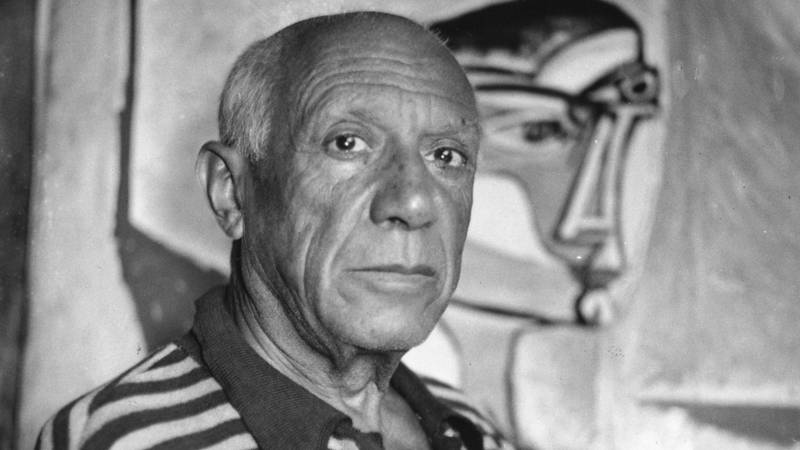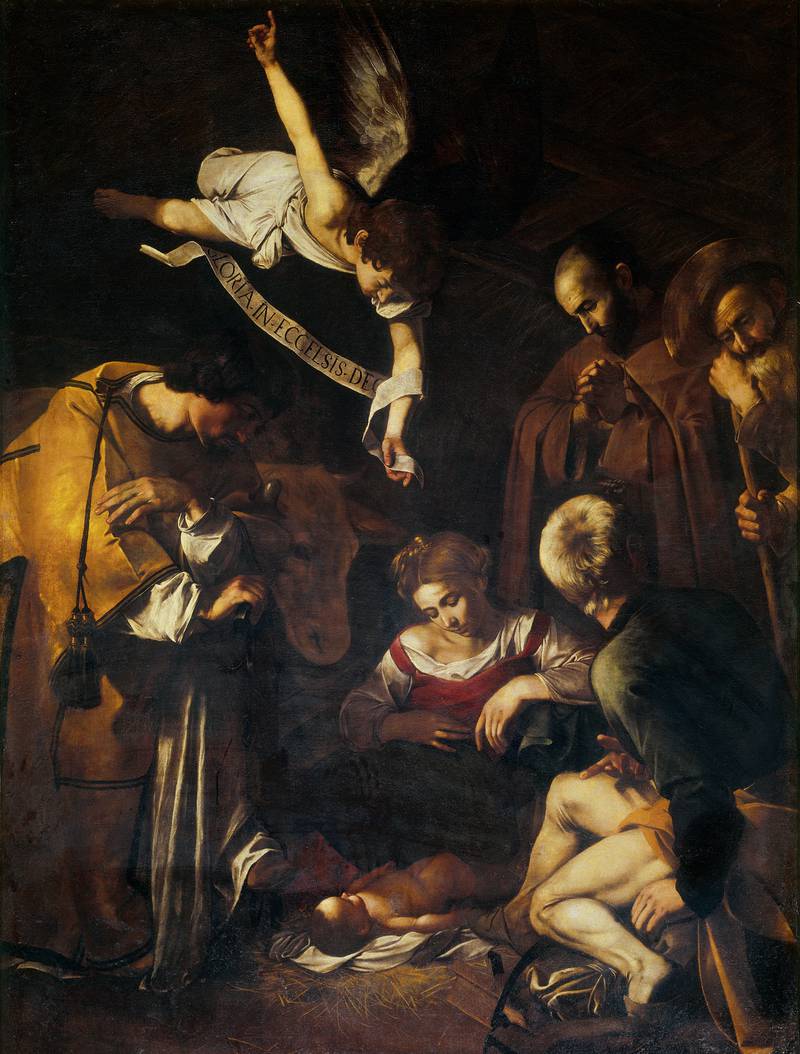A painting believed to be by Pablo Picasso has been found during an anti-drugs raid in Iraq's province of Diyala.
The work, which when authenticated could be worth millions of dollars, was found in the possession of three people arrested for their involvement in the trade and transport of narcotics.
The condition of the artwork is unclear and details of its size and the subject matter have also not been disclosed.
The Ministry of Interior announced that the painting's discovery was part of security operations that have been ongoing since July.
Sobhi said that 1,300 suspects had been arrested and 46 kilograms of narcotic substances and 37kg of stimulants had been seized since the security operation began. He called on people to continue assisting police to dismantle drug networks.
This is not the first time a suspected Picasso has been found in Iraq.
In August 2009, police recovered a rare painting by the Spanish master in the town of Hillah, central Iraq. Said to be stolen during the 1990 Iraqi invasion of Kuwait, the painting, titled Naked Woman, was marked with the word "Louvre" and included stamps from the Paris museum.
However, the Louvre Museum denied ever having a Picasso in its collection, while the Art Loss Register in London stated they had no record of any missing paintings from the Kuwait National Museum.
It is also unclear whether the recent, unauthenticated Picasso is the only artwork or cultural artefact that may have been held as collateral by the suspects.
"The drug trade is linked to many crimes,” Sobhi said. “Including murder, theft, kidnapping, rape, gang formation, corruption and family disintegration, until it reaches the antiquities trade.”
The use of famous artworks, or pieces by renowned artists, as bartering collateral has become a profitable, and increasingly popular means for organised crime groups to secure deals in recent years.
Since then, many artworks by Vincent van Gogh, Johannes Vermeer, Rembrandt van Rijn, Edgar Degas, Edouard Manet and LS Lowry have been stolen with the intention of being sold within a closed black market, or to be used as barter or collateral in deals with other organised crime groups.
Source (Click Here)



 RSS Feed
RSS Feed